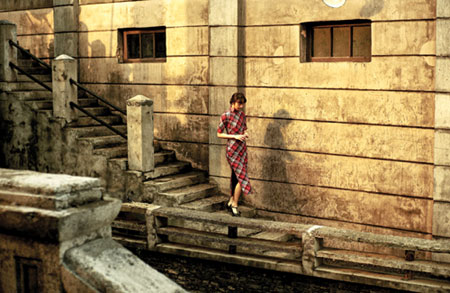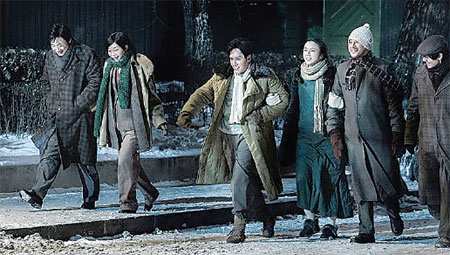Golden era lacks silver-screen luster
Updated: 2014-10-09 07:56
By Liu Wei(China Daily USA)
|
||||||||
Director Ann Hui's biopic of writer Xiao Hong fails to shine at the box office. Liu Wei reports.
While The Golden Era has ranked among the most discussed films online this month, its box-office performance has been less than glittering.
Hong Kong director Ann Hui's three-hour docudrama about Xiao Hong, a woman writer who died 72 years ago, features 30 A-listers including Tang Wei as the lead, bold sex scenes and refined production.
It has grossed only 30 million yuan ($4.9 million) since its premiere on Oct 1, the first day of the weeklong National Day holiday.
This may be because of a less-than-dramatic storyline and heavy reliance upon narration by actors who speak directly to the camera.
Ning Hao's comedy Breakup Buddies claimed 700 million yuan, and Taiwan action thriller Black and White II raked in more than 146 million yuan.
Hui, who's known for art-house films like A Simple Life and The Way We Are, anticipated such numbers. She says she didn't research China's mainstream filmgoers before starting the project.
She doesn't believe the film's length is a problem.
"Many good films are longer," she said at the premiere.
The Golden Era has been an unconventional project from the outset. It tells the story of Xiao Hong, a woman writer known for depictions of hunger and poverty in China during the 1920s and '30s. Hui compares her works with those of Emily Bronte, who also focuses on unpleasant realities.
Xiao Hong isn't well-known among today's youth, despite being a leading figure during her time.
Hui believes her story reveals a brilliant period when writers believed in the power of words against war and turmoil.
The promotional poster reads: "Live the way you like. Love the way you like. And curse the way you like. Everything is free."
The film traces Xiao's 31-year life from her escape from a marriage her parents forced her into, her troubled romance with writer Xiao Jun and her subsequent marriage to another writer she didn't love. There are also detailed depictions of her career and harrowing death in a war-ravaged Hong Kong hospital.
The 80 million yuan budget is high for an art-house film.
Roughly 30 actors spent five months portraying 1930s China's literary circle.
Hui asked them to not only act but also talk directly to the camera - an approach that risks alienating audiences from feeling close to the storyline.
The 67-year-old director describes the film as an adventure and herself as a gambler.
"Filmmaking for me is like gambling. I keep trying when I lose, and I win something back. I wouldn't stop at this time but instead put more money in it."
The original cut was even longer than the version in theaters.
Yin Xue, marketing director of the film's production company, Stellar Mega Films, says she has seen many different cuts, including a six-hour version and a four-hour version. The three-hour version is Hui's bottom line. Insiders say the length is a box-office obstacle.
"Films longer than three hours are problematic for theater managers, especially during the precious National Day holidays slot," says producer and former theater manager Chen Zheng.
"The screening time could accommodate two animated films or a feature and a half."
Critics have given the film mixed reviews.
Variety calls it a "three-hour endurance test". Critic Yang Zao calls it a dissertation on modern Chinese literature, rather than a film that enables audiences unfamiliar with Xiao Hong to better understand her.
The avant-garde narration technique is a double-edged sword.
While writer Song Fangjin sings the praises of its novelty and courage, critic Mu Weier believes it inhibits emotional involvement.
"I'm not surprised viewers haven't accepted the film," Mu writes on his weibo, China's answer to Twitter.
But he acknowledges Hui's courage.
"She never stops challenging herself and trying new things."
Hui said in a speech in Hong Kong that she tried the narrative approach because she believes it's an original and appropriate way to convey the nuances of the writer's complicated life.
She didn't know how viewers would react - which is exactly why she adopted it.
China is a tough landscape for art-house movies. Art cinemas are rare, so art-house films must compete with commercial flicks in the same theaters.
Critic Tan Fei believes it's too early to judge the film's value.
"We can find many reasons why The Golden Era hasn't won over the market, such as the length, subject and release time," Tan says.
"But the brave film has dignity. I don't think the box office is the proper measure for art-house films in the first place."
Contact the writer at liuw@chinadaily.com.cn
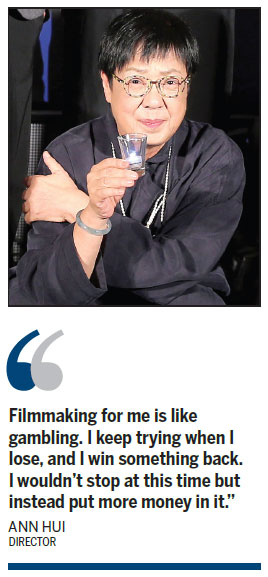
|
Ann Hui's latest art-house movie, The Golden Era, sheds new light on the life of Xiao Hong (played by Tang Wei), one of the country's leading woman writers in the 1920s. Provided to China Daily |
|
The Golden Era has received mixed reviews for its storyline and unconventional style. Provided to China Daily |
(China Daily USA 10/09/2014 page7)

 Silent HK majority urged to support government
Silent HK majority urged to support government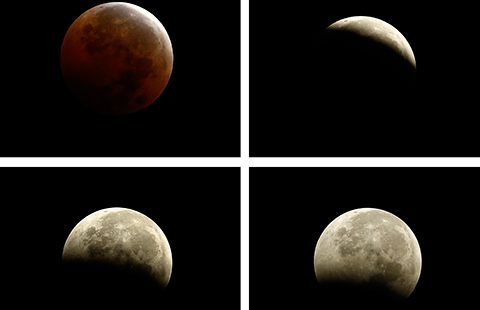
 Lunar eclipse in Asia and the Americas
Lunar eclipse in Asia and the Americas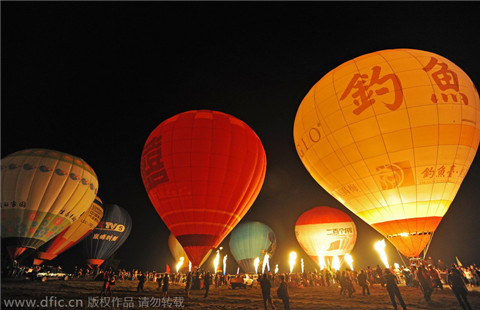
 Hot air balloon challenge in Wuhan
Hot air balloon challenge in Wuhan
 Cultural bridge key for China, US
Cultural bridge key for China, US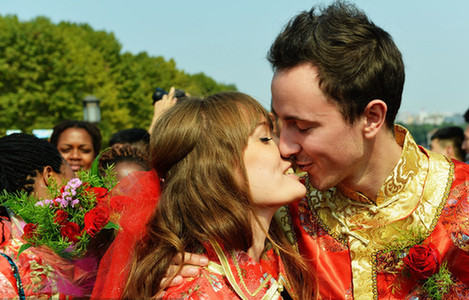
 Romance at the West Lake
Romance at the West Lake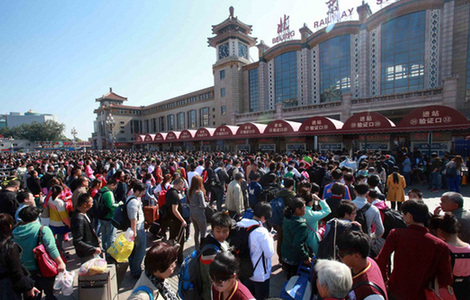
 Traffic embraces busiest day for holiday week
Traffic embraces busiest day for holiday week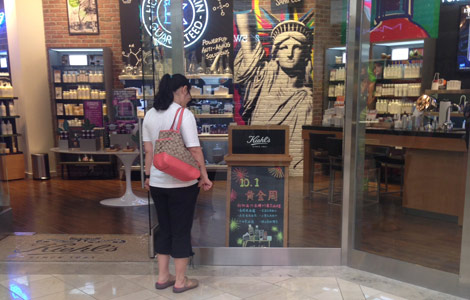
 Chinese tourists flock to US for Golden Week
Chinese tourists flock to US for Golden Week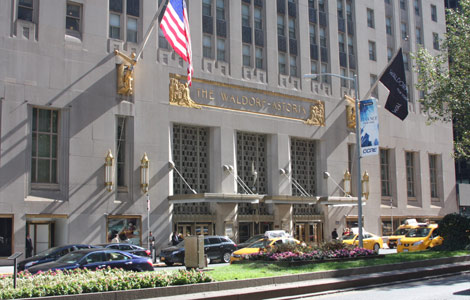
 Chinese insurer buys NYC's Waldorf Astoria Hotel
Chinese insurer buys NYC's Waldorf Astoria Hotel
Most Viewed
Editor's Picks

|

|

|

|

|

|
Today's Top News
US hospital to offer resources for new facility in Guangdong
China's role grows in Gates Foundation
US Ebola patient dies
Hopes for US, China trade high
China's 'Nightingale' races for Oscar
Holiday spending habits change
Xinjiang Corps to step up fight against evil forces
US offers to help tap Chinese market
US Weekly

|

|
